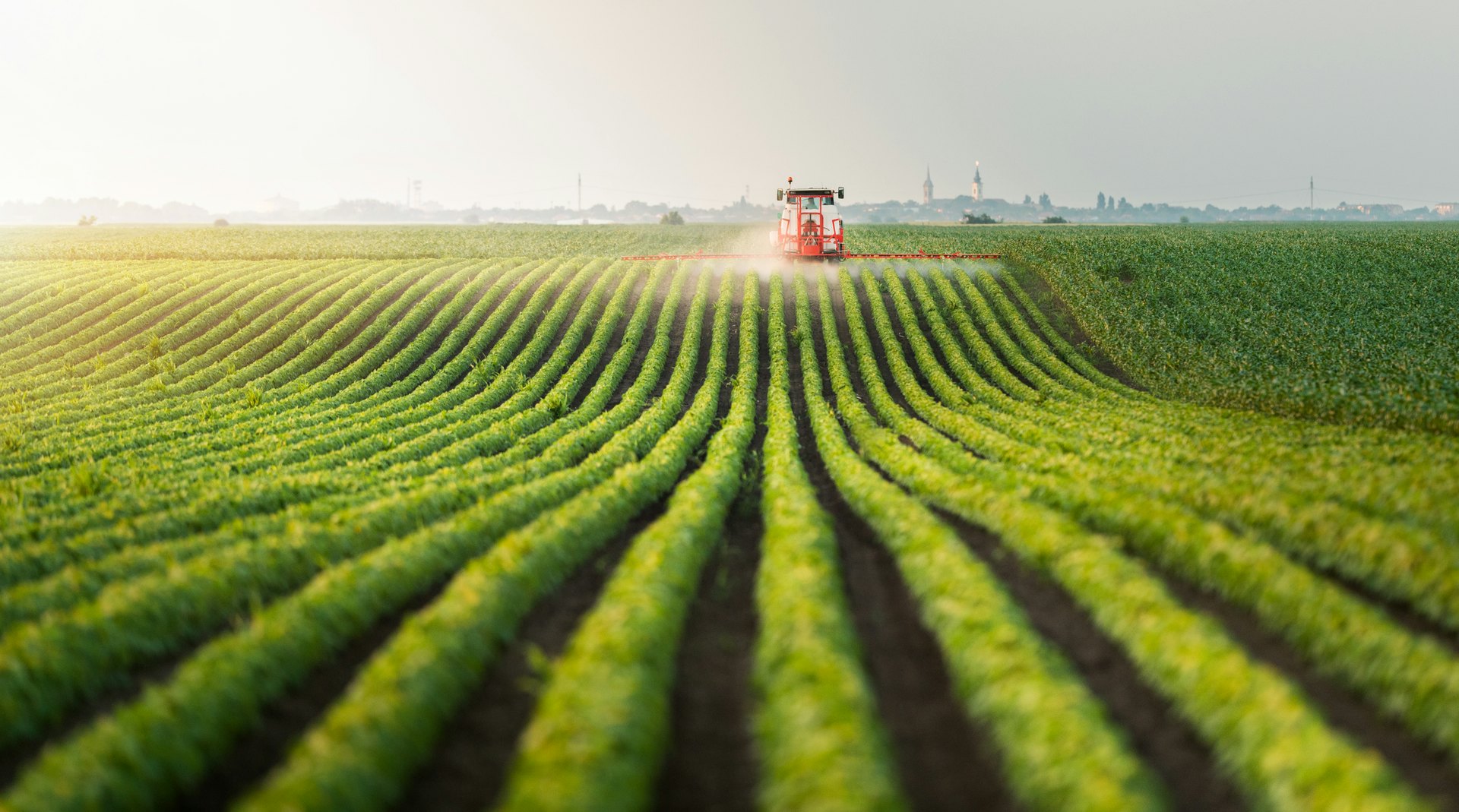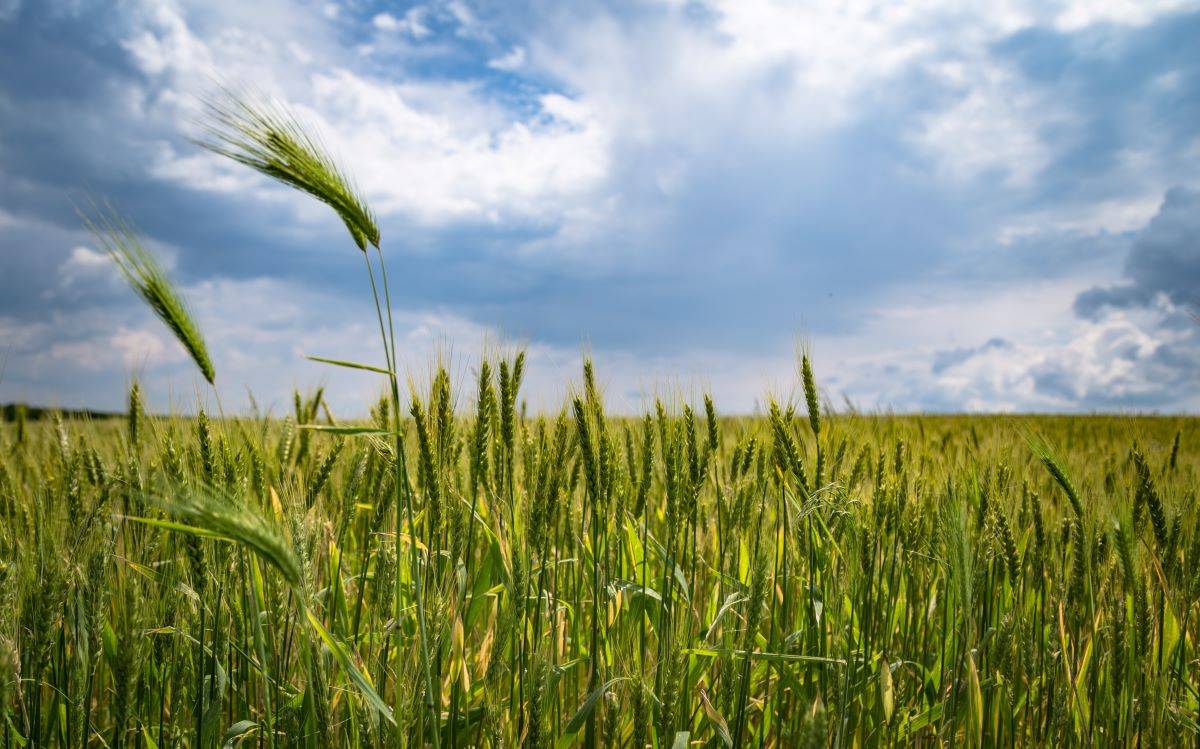Enhancing Pan-India Digital Agri-Trade: Ministry Urges States to Ease Norms 2023

Enhancing Pan-India Digital Agri-Trade: Ministry Urges States to Ease Norms 2023
In a significant move aimed at revolutionizing the agricultural sector in India, the Ministry of Agriculture and Farmers Welfare has called upon states to relax norms and regulations to facilitate the growth of pan-India digital agricultural trade.
This initiative seeks to harness the power of technology and the internet to transform the way agricultural produce is bought and sold across the country.

With the agriculture sector being a vital contributor to India’s economy and the livelihoods of millions, the move holds immense potential for boosting farmer income, reducing wastage, and ensuring food security.
India has a predominantly agrarian economy, with over half of its population engaged in agriculture. However, the agricultural sector has faced numerous challenges, including limited access to markets, lack of price transparency, and post-harvest losses.
Traditional methods of agricultural trade have often proven to be inefficient and time-consuming, leading to financial hardships for farmers.
The digitalization of agriculture trade is seen as a game-changer that can address these issues effectively. By leveraging technology, farmers can access a broader customer base, receive fair prices for their produce, and reduce post-harvest losses. Additionally, digital platforms offer transparency, traceability, and real-time information on market trends, further empowering farmers to make informed decisions.
The Ministry of Agriculture and Farmers Welfare’s proposal involves several key components to facilitate digital agri-trade across India:
- The ministry has called upon states to simplify and rationalize the regulatory framework governing agricultural trade. Reducing bureaucratic hurdles and eliminating unnecessary paperwork will encourage more farmers and traders to embrace digital platforms for trade.
- The proposal emphasizes the importance of creating a standardized and interoperable digital ecosystem. This means that various digital platforms should be able to seamlessly exchange data and transactions. Interoperability ensures that farmers are not locked into a single platform and have the freedom to choose the most suitable one.
- The government aims to enhance digital infrastructure in rural areas to bridge the digital divide. This includes improving internet connectivity, providing training and support for farmers to use digital tools effectively, and setting up digital marketplaces in villages.
- The ministry is keen on creating a robust market information system that provides real-time data on prices, demand, and supply. This data will empower farmers to make informed decisions on when and where to sell their produce.
- Encouraging the adoption of digital payment methods will reduce the reliance on cash transactions and enhance transparency in agri-trade. It will also enable farmers to access financial services more easily.

With access to a wider market and price transparency, farmers can negotiate better prices for their produce, leading to increased income.
By minimizing post-harvest losses through efficient supply chain management, digital agri-trade can contribute to reduced food wastage, a critical concern in India.
A more efficient and transparent agricultural supply chain ensures a consistent flow of agricultural produce to consumers, contributing to improved food security in the country.
Digital payments and financial services can be integrated into digital agri-trade, promoting financial inclusion among rural communities.
Access to market information and trends empowers farmers to make data-driven decisions, optimizing their agricultural practices.

The Ministry of Agriculture and Farmers Welfare’s call to relax norms and promote pan-India digital agri-trade is a forward-thinking and transformative step for India’s agricultural sector.
The move aligns with the government’s vision of doubling farmer income and ensuring food security while harnessing the power of technology to address long-standing challenges.

By fostering a favorable environment for digital agri-trade, India can unlock the full potential of its agriculture sector, benefiting millions of farmers and contributing to the overall growth of the nation’s economy.





